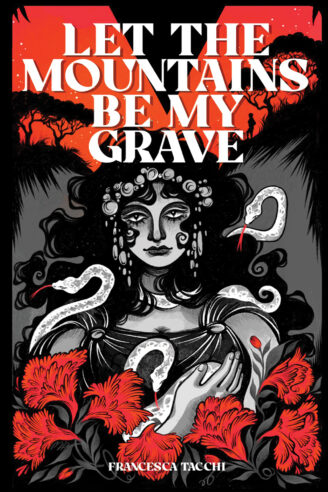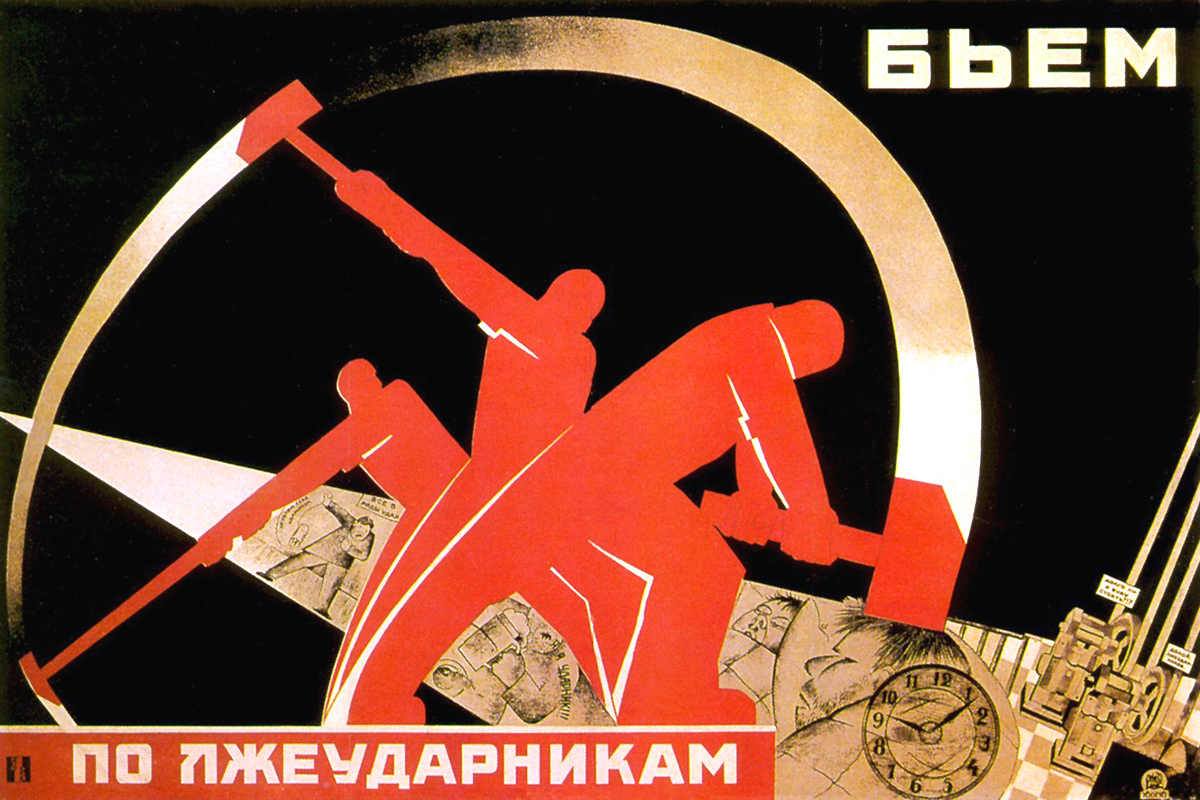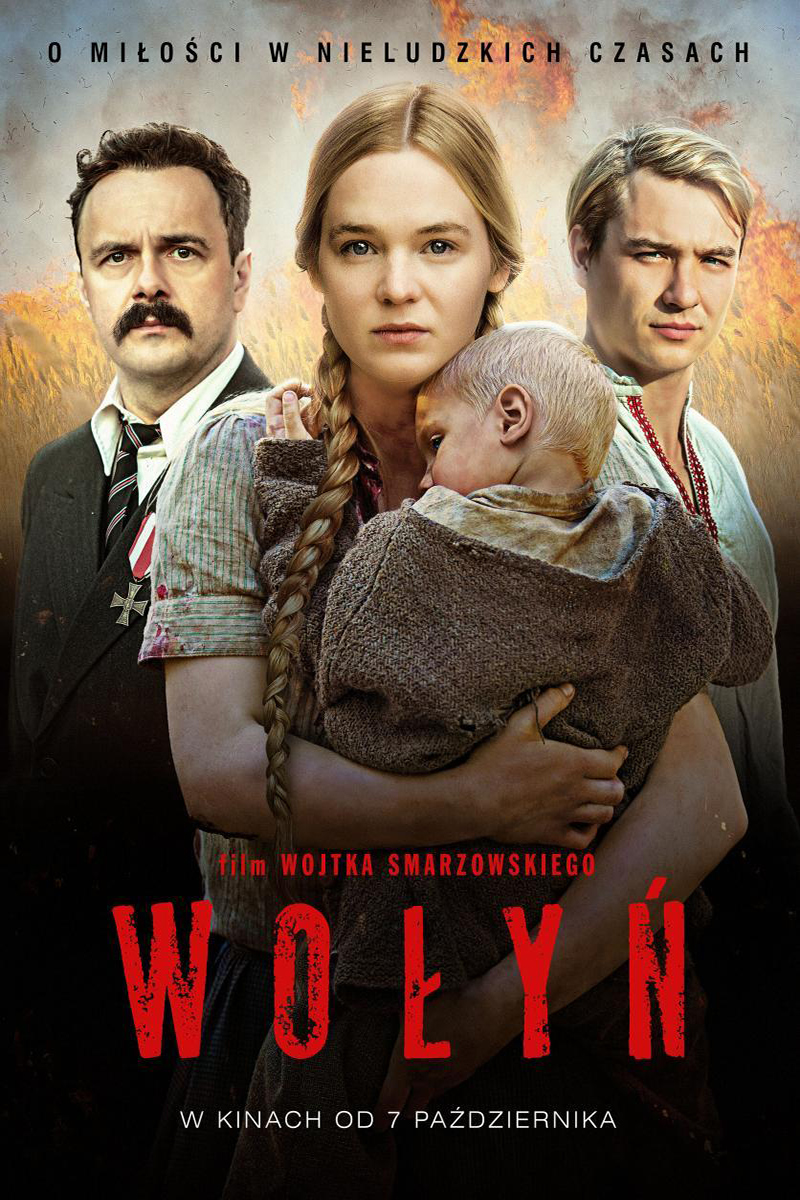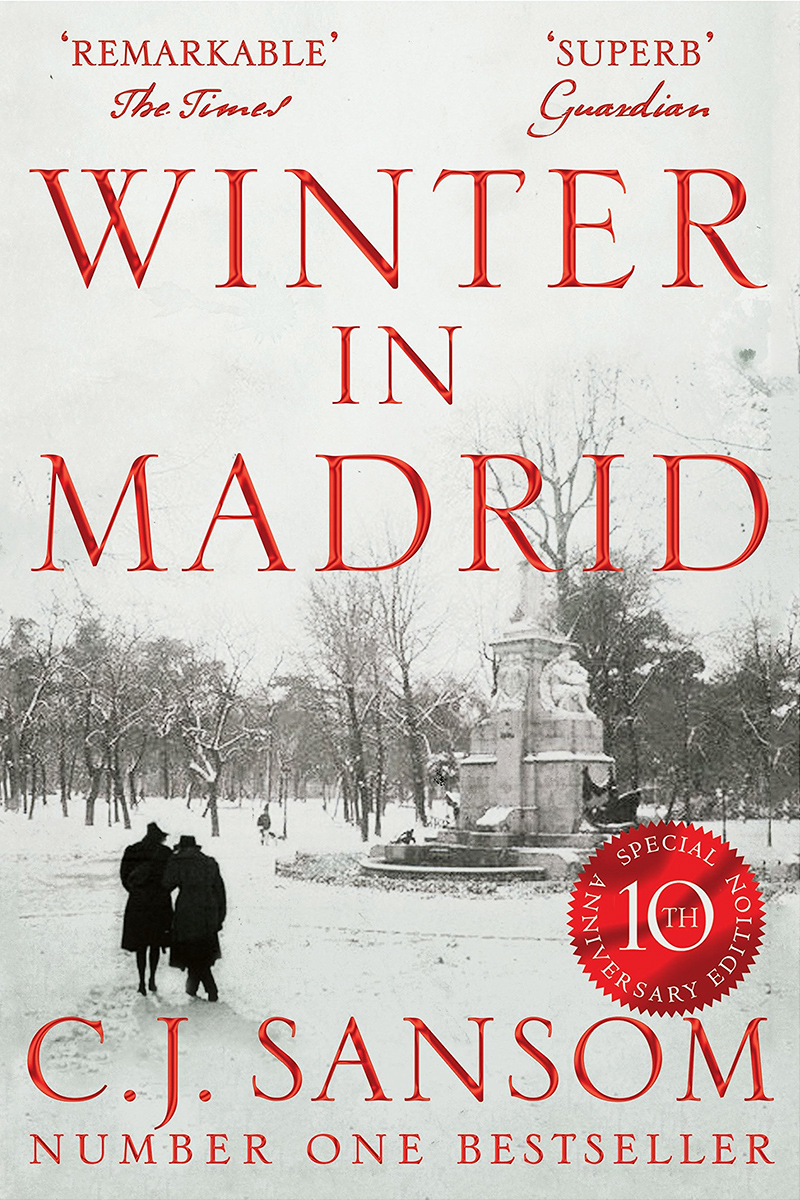A number of countries in Europe define their World War II histories by their resistance fighters. Partisans have been made into heroes since the end of the war, in movies and in novels. In Let the Mountains Be My Grave, Francesca Tacchi (xe/xem) puts not one, but two unique twists on this familiar narrative.
The main character, Veleno, is a partisan in 1944 Italy, fighting the Germans as the Allies move north up the peninsula. Veleno is not aided solely by worldly means; he is in the possession of a locket sacred to Angitia, a goddess of various peoples of central Italy before the Romans conquered the region. His hatred of the occupiers of his homeland is so profound that he has vowed to kill as many Germans as he can before he dies, a fate he feels is inevitable and imminent.
The second element that makes Let the Mountains Be My Grave unique: its central romance is between two men.
Veleno’s lover is another partisan, and much of the book is about the turmoil — but also the tenderness — in their relationship as they fight the Nazis. I’m certain I’m missing nuances by being a straight man in another country, but I found the romance to be both believable in its quarrels and sweet in how it navigates the challenges of love in wartime, especially how such a relationship will fare when one party is convinced he will die soon.
Tacchi imbues the narrative with a briskness that puts you right in the crosshairs of grinding insurgent warfare. Among the beauty of the Apennines, the mountain range that runs through Italy, you are immersed in break-neck action that will make your hair bristle with every shot. There’s a very real sense of gravity here that convinces you every one of these shots matters. This is bolstered by xir prose, which succeeds at pacing every combat scene par excellence and every supernatural scene with a real feeling of awe.
My only criticism, and it is a mild one, is about the villain, who is an archetype of the classic partisan narrative and supernatural reimaginations of it. He could be compared fairly to the villain of the 2017 film Overlord (review here): both are pastiches of a classic villain into a speculative setting. Which isn’t bad per se, but nothing an experienced reader in this field hasn’t seen before.
Fortunately, Tacchi knows better than to focus on the well-trod. The villain is a cipher, who allows Tacchi to tell xir real story: a story of human love among inhuman carnage, one as intense as it is meaningful.






1 Comment
Add YoursThanks for this. I’m glad to know people are writing these kinds of narratives in this sub-genre.